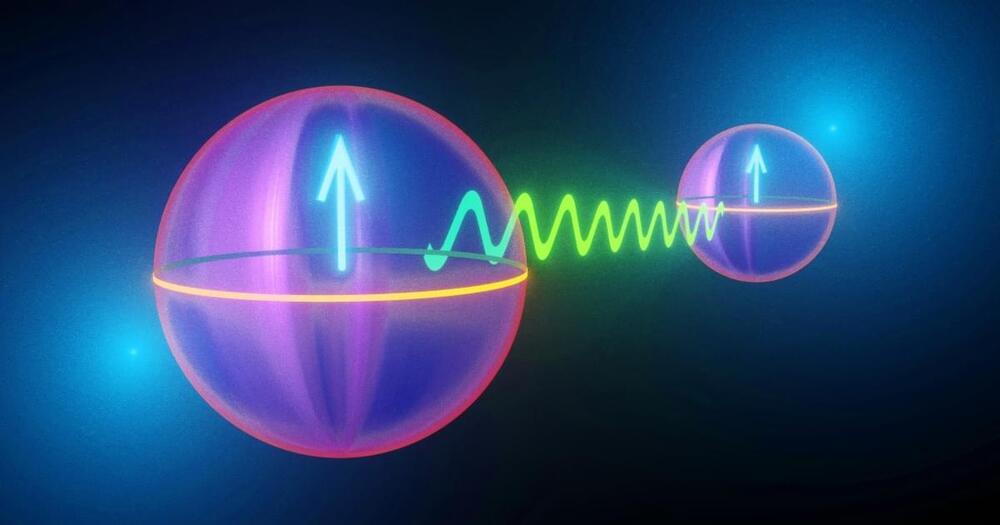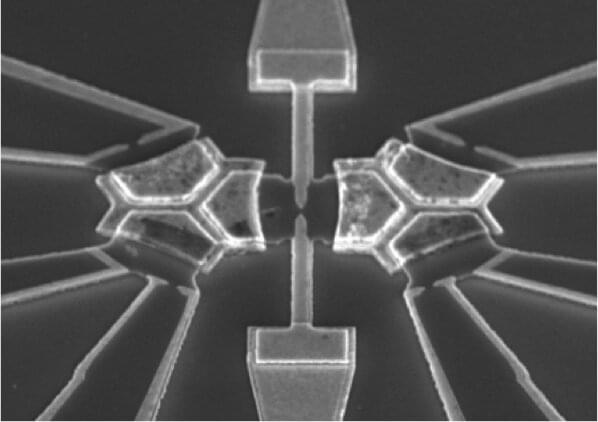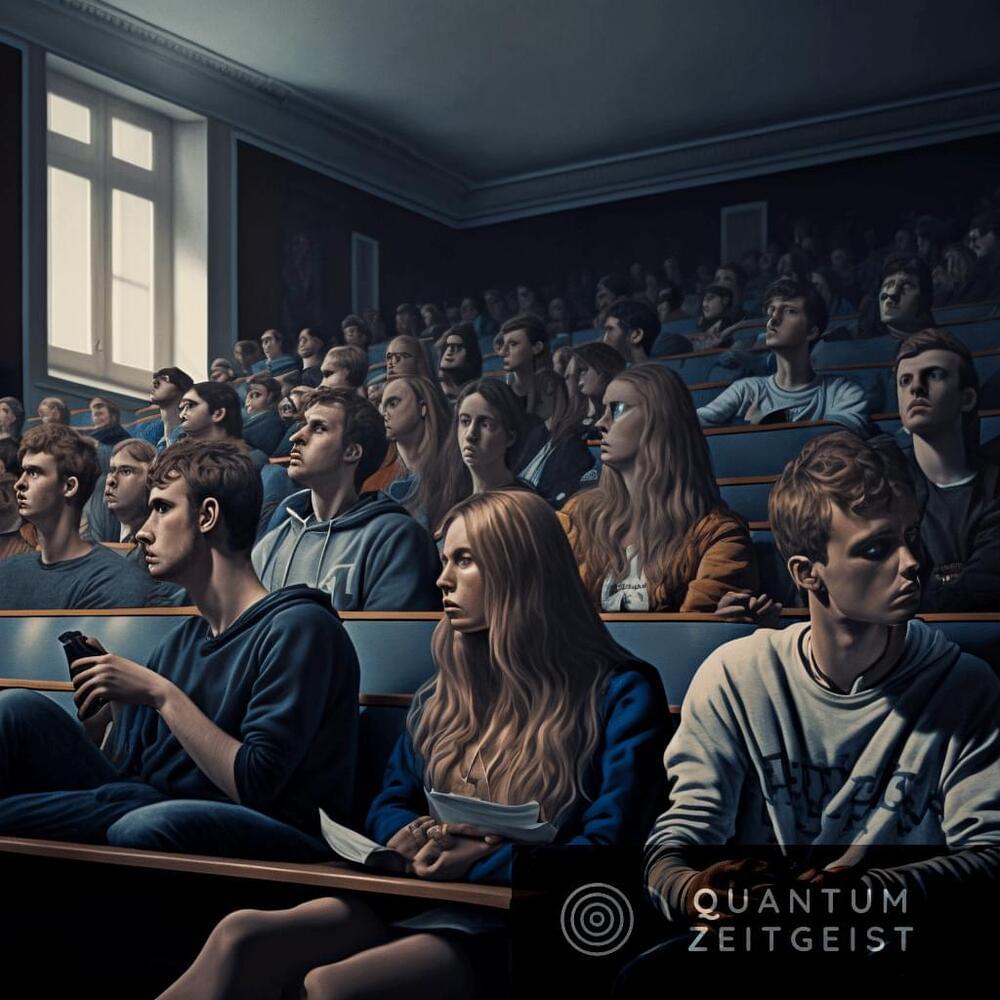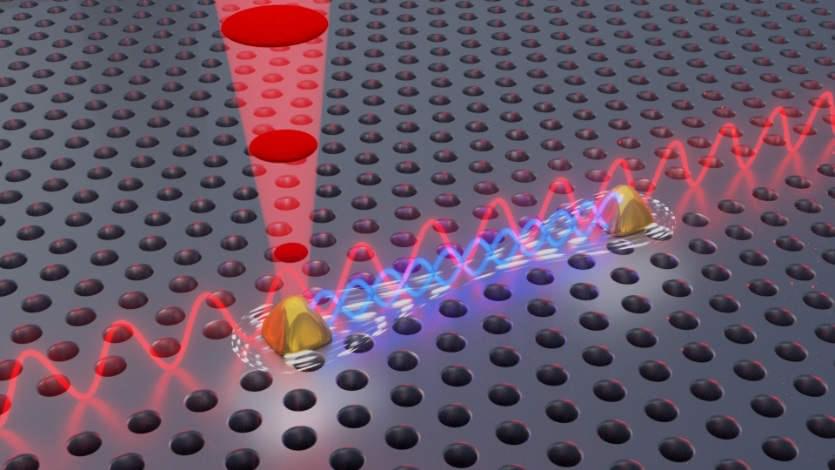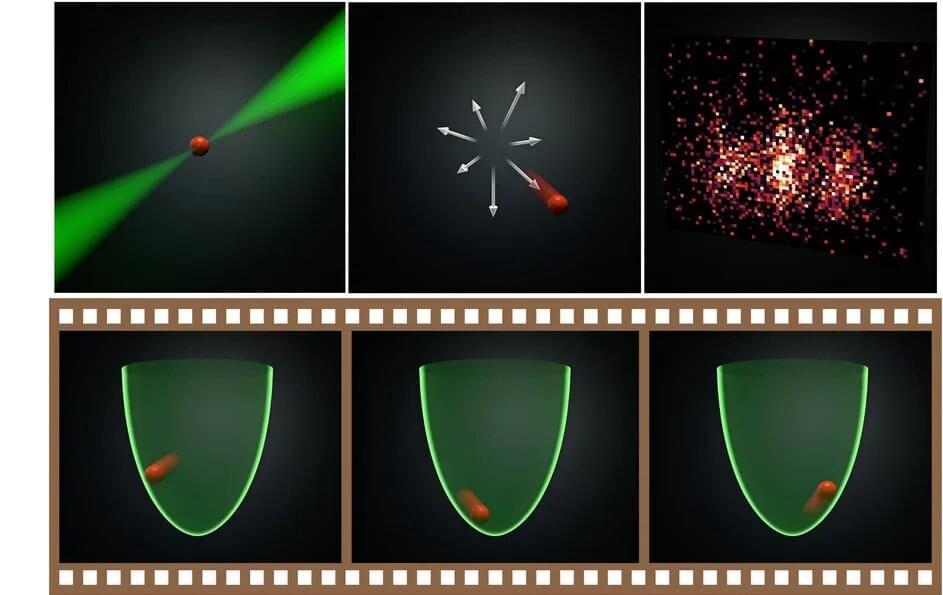Do you want to know whether a very large integer is a prime number or not? Or if it is a “lucky number”? A new study by SISSA, carried out in collaboration with the University of Trieste and the University of Saint Andrews, suggests an innovative method that could help answer such questions through physics, using some sort of “quantum abacus.”
By combining theoretical and experimental work, scientists were able to reproduce a quantum potential with energy levels corresponding to the first 15 prime numbers and the first 10 lucky numbers using holographic laser techniques. This result, published in PNAS Nexus, opens the door to obtaining potentials with finite sequences of integers as arbitrary quantum energies, and to addressing mathematical questions related to number theory with quantum mechanical experiments.
“Every physical system is characterized by a certain set of energy levels, which basically make up its ID,” explains Giuseppe Mussardo, theoretical physicist at SISSA—International School for Advanced Studies. “In this work, we have reversed this line of reasoning: is it possible—starting from an arithmetic sequence, for example that of prime numbers—to obtain a quantum system with those very numbers as energy levels?”



